Embarking on his career in 2004 as an officer in the Italian Army, after rigorous training at the Military Academy of Modena and the School of Application and Advanced Military Studies in Turin, he rapidly advanced, overseeing crucial communication systems. His rise continued in 2014 as the Vice-Head of the ARMY Computer Emergency Response Team, crafting strategies against cyber threats. His expertise led to roles in significant missions such as UNIFIL, NATO KFOR, and Operation Inherent Resolve, underlining his adeptness in operational communication security. In 2019, after various assignments in the strategic and operational direction of the Armed Forces' cyber capability, he founded the Army's Cybersecurity Unit, enhancing defense strategies within the Operational Theater. His trajectory took a corporate turn in 2021 as the Director of Engineering at Telsy, TIM Group, a company renowned for its excellence in producing devices for the protection of national classified information, where he integrated innovation and engineering for national security. Holding a Strategic Sciences degree two Master's degrees in Cyber Security and one in Politics and Management on MENA, he's now enriching his knowledge with an Executive MBA at Luiss Business School.
Day 3
Keynote: ASIC and QUANTUM Technologies serving National Cybersecurity
Keynote: ASIC and QUANTUM Technologies serving National Cybersecurity
In the presentation initial focus will be on the security assessment of the risk that our Nations must face in order to protect “cyber borders” and “physical access” (including SCADA, Operational Technology and IoT). This will be followed up by description of interesting technologies that Telsy has developed and which could be applied in several ways (Secure Microchip, Application-Specific Integrated Circuit (ASIC), Quantum Key Distribution, Encryptors and Decision Intelligence).
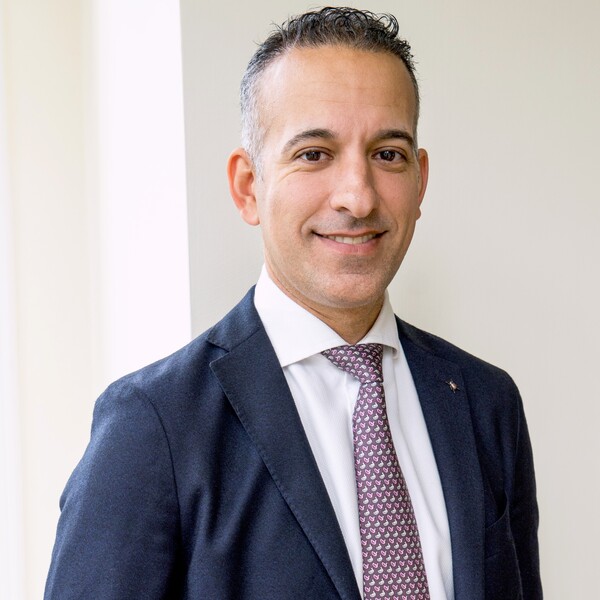
Luca Iuliano
Director of Engineering at Telsy, TIM Group
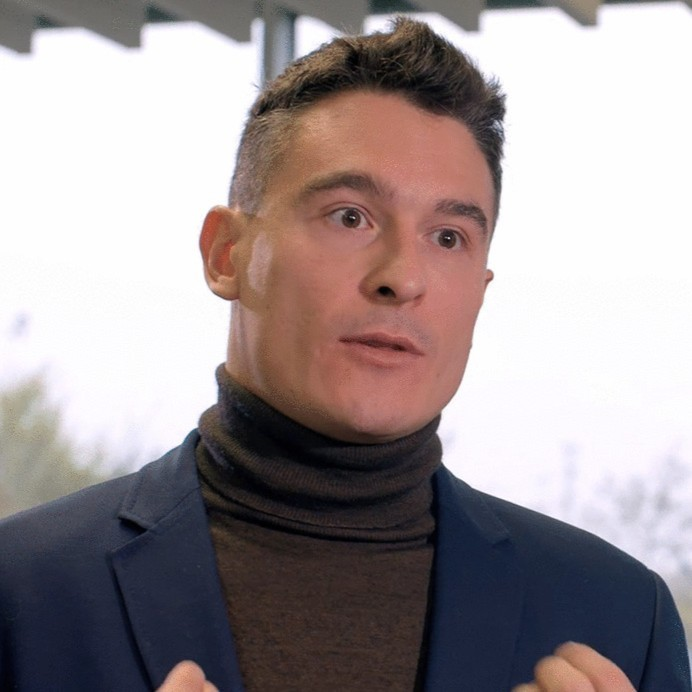
Dr Roberto Piazza
Engineering Manager at Telsy
Roberto Piazza earned his PhD in Computer Science from the University of Luxembourg in 2014 and his Master's degree in Electrical Engineering and Computer Science from both the Polytechnic of Turin and the University of Illinois at Chicago in 2010. With a diverse career in the satellite industry, he has held different engineering positions at Thales Alenia Space, SES, and ST Engineering iDirect (formerly Newtec). Roberto holds several publications and patents in the satellite communication field. Since 2020, Roberto has been serving as an Engineering Manager at Telsy, where he leads the development of innovative cryptographic solutions for secure communications. His research interests include digital signal processing, digital circuit design, quantum communication, and cryptography
Keynote: Key Questions and Approaches to Building Cyber Resilience
Keynote: Key Questions and Approaches to Building Cyber Resilience
Cyber resilience has become an increasingly prominent topic both in national strategies and internationally. Based on his 40 years of involvement in cybersecurity and strategy creation and implementation, the speaker will focus on questions and approaches that are likely to be important in enhancing both NATO’s cybersecurity and its operational capability. This Keynote will touch upon how and where military requirements can drive innovation, and in which areas it is more productive to leverage existing trends in technology, addressing the opportunities and challenges of AI integration and the over the horizon risks that could limit its use, and the implications of all these factors to NATO’s approach to cybersecurity.
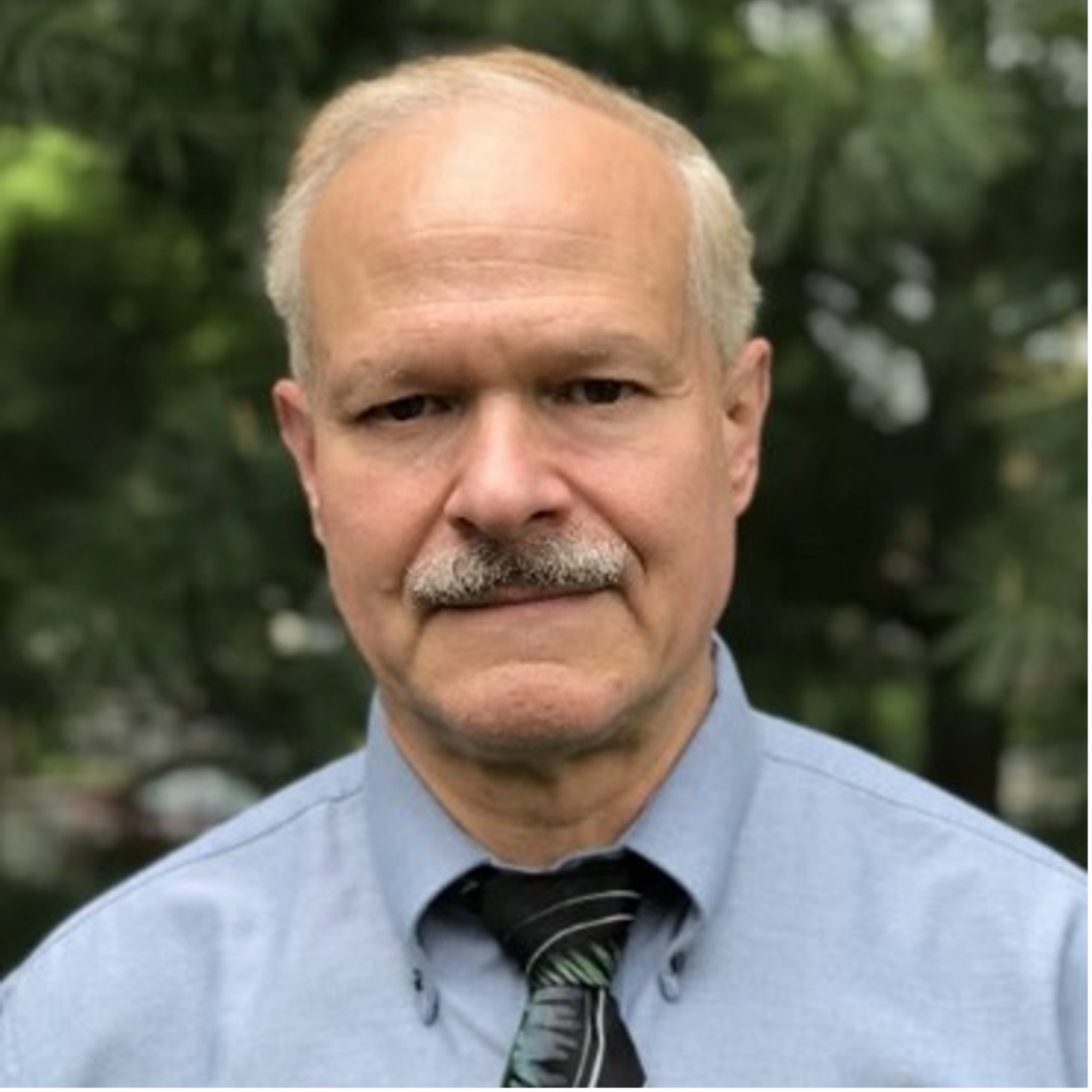
Jim Richberg
Head of Cyber Policy & Global Field CISO, Fortinet
Jim Richberg’s role as Fortinet’s Head of Cyber Policy and Global Field CISO leverages his nearly 40 years’ experience driving innovation in cybersecurity and threat intelligence. At Fortinet he focuses on helping governments improve their cybersecurity and leads industry collaboration with government on transitioning to ‘Secure by Design’ Information Technology. Prior to joining Fortinet, he served as the US National Intelligence Manager for Cyber under two Directors of National Intelligence, setting threat priorities and cyber intelligence strategy within the US Government. He also oversaw implementation of a multi-year Comprehensive National Cybersecurity Initiative for Presidents Bush and Obama.
Keynote: Future-Proofing Data Transmissions with Post-Quantum VPN
Keynote: Future-Proofing Data Transmissions with Post-Quantum VPN
The day a cryptographically relevant quantum computer (CRQC) with enough power to crack modern encryption arrives is fast approaching. In anticipation of that threat, governments worldwide are advising agencies and commercial entities to start taking action now. Although these powerful quantum computers are not expected to exist for another 5 to 15 years, malicious actors are already undertaking harvesting attacks – where a copy of the data transmission is kept until a CRQC is available to break the encryption keys.
The US National Institute of Standards and Technology and industry leaders are busy working on post-quantum security solutions to prevent harvesting attacks, and solutions based on open standards are already available, with more on the way. This session will address two ways of future-proofing data transmissions with post-quantum VPNs. Security and network administrators, quantum migration specialists, and key decision makers must become familiar with the options and the benefits they provide to start planning their path to a quantum-resistant world now.
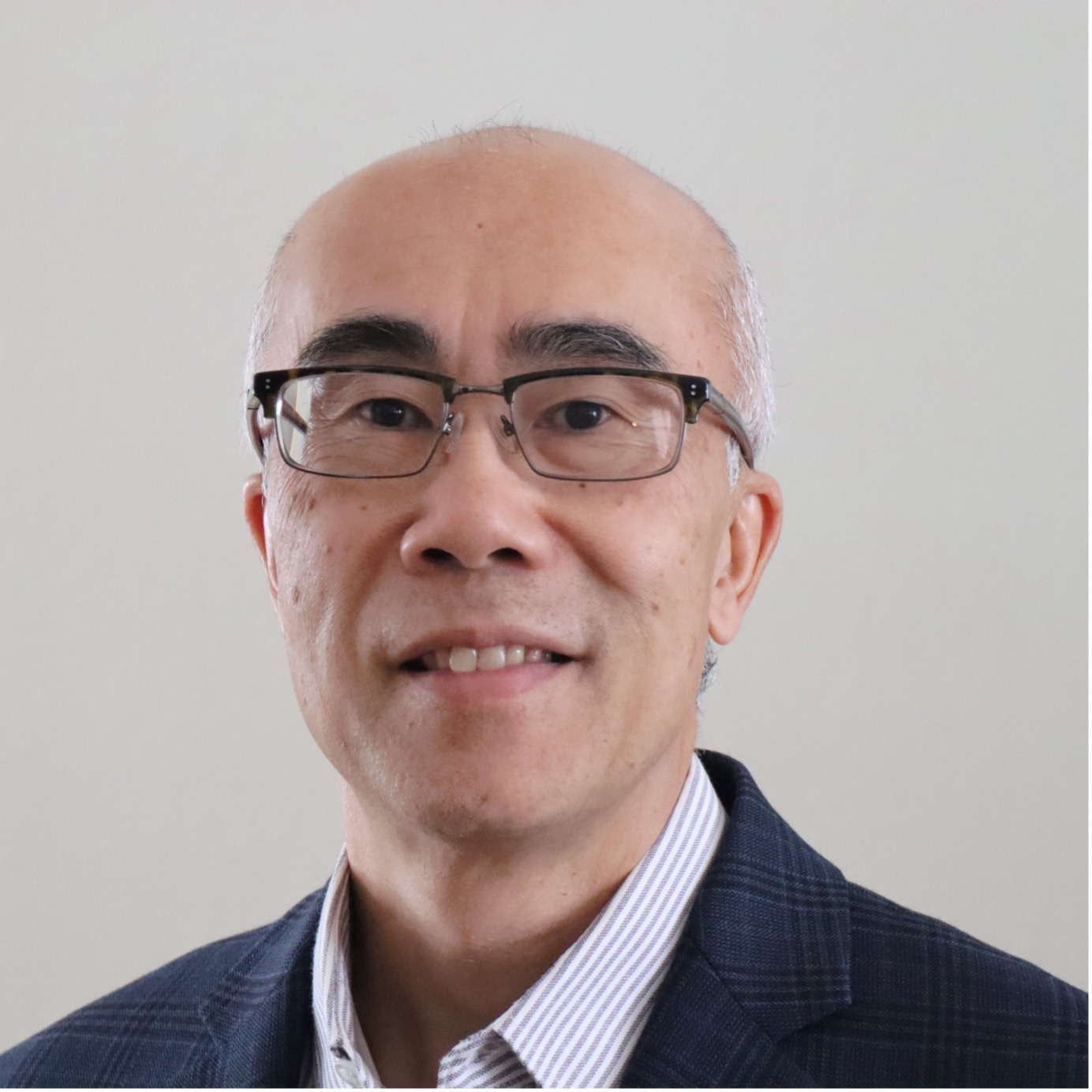
Philip Kwan
Director, Product Line Manager, Palo Alto
Philip Kwan is the Director, Product Line Manager specializing in quantum security at Palo Alto Networks, the world’s leading cybersecurity company. From 2013 onwards, he has led multiple innovation teams at Palo Alto Networks in a wide range of technology from network protocols, high availability, Denial of Service prevention, SSL decryption to SD-WAN.
With a strong passion for technology and over 30 years of experience in high speed networking and data security, he has held high level roles in both IT security as well as product management with multiple Silicon Valley firms where he was on the forefront of industry shaping technologies – gigabit networking, wireless networks, and next generation data security.
Coffee Break
Cyber Defence and Strategic Competition: Adjusting to Unpeace
Cyber Defence and Strategic Competition: Adjusting to Unpeace
With the advent of approaches such as persistent engagement, cyberspace has become a theatre of sub-threshold activity. This panel discusses the consequences of constant tension in cyberspace and what it means for civilian-military cooperation, legislative frameworks, and striking the right balance between national security and individual civil liberties.
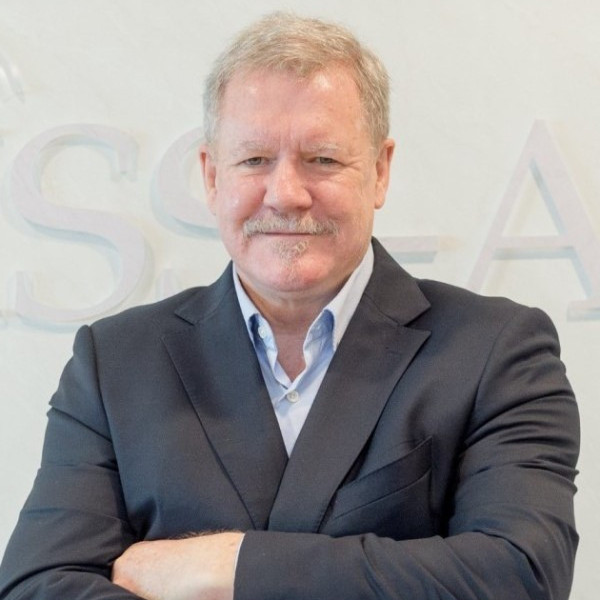
Prof. Greg Austin
Co-founder of the Social Cyber Institute and an Adjunct Professor at the University of Technology Sydney
Professor Greg Austin is co-founder of the Social Cyber Institute and an Adjunct Professor at the University of Technology Sydney. He served as Senior Fellow and head of the Program on Cyber Power and Future Conflict with the International Institute for Strategic Studies (IISS) for over three years; and as Professor of Cyber Security, Strategy and Diplomacy with the University of New South Wales Canberra for six years. His academic career, including a Senior Visiting Fellowship in the Department of War Studies at Kings College London, has included ten books on international security, as author or editor. His service as a research leader for prominent global NGOs, such as the International Crisis Group and the EastWest Institute, has seen him work from Brussels and London for about one third of his career. He has consulted for the UK Cabinet Office, the UK Ministry of Defence, the Foreign and Commonwealth Office, the European Commission, and the Australian Department of Foreign Affairs and Trade. He has held roles in the Australian civil service, including posts in Canberra and Hong Kong in defence intelligence, parliamentary committees, and ministerial staff. Austin has a Ph D in international relations and a Master of International Law, both from the Australian National University.

Dr Emily Goldman
Strategist at U.S. Cyber Command
Dr Goldman serves as a strategist at U.S. Cyber Command and a thought leader on cyber policy. From 2014 to 2018 she directed the U.S. Cyber Command / National Security Agency Combined Action Group, leading a team that wrote the 2018 U.S. Cyber Command vision, Achieve and Maintain Cyberspace Superiority.
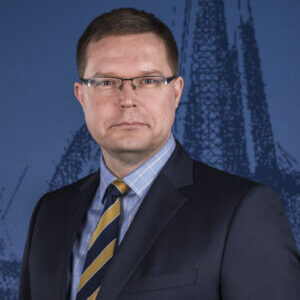
Christian-Marc Lifländer
Head, Cyber and Hybrid Policy Section, Emerging Security Challenges Division, NATO
Christian-Marc Lifländer currently serves as the senior cyber and hybrid policy official of NATO’s International Staff. As Head of Cyber and Hybrid Policy section he is responsible for leading the development and implementation of cyber and hybrid policy across NATO. Previously, Mr Lifländer served as Policy Advisor, Deputy Head of Section and Head of Section in the NATO’s International Staff. Before joining NATO, Mr Lifländer held executive and senior advisory level positions within the Estonian Ministry of Defence, including Acting Deputy Undersecretary for Defence Policy, Director of Policy Planning, and Adviser to the Minister of Defence. Mr Lifländer also served as a Defence Counselor at the Embassy of the Republic of Estonia in the United States and as a Defence Counselor at the Delegation of the Republic of Estonia to NATO. Mr. Lifländer received a direct commission in the Estonian Defense Forces (Infantry) and has been awarded with the Estonian Defence Forces Distinguished Service Decoration as well as Distinguished Service Decorations of the Estonian Ministry of Defence. Mr. Lifländer received his Bachelor of Science Degree in Engineering from the United States Military Academy, West Point. He received his Master of Arts in Security Studies from Georgetown University’s Center for Security Studies (CSS) in the Edmund A. Walsh School of Foreign Service.
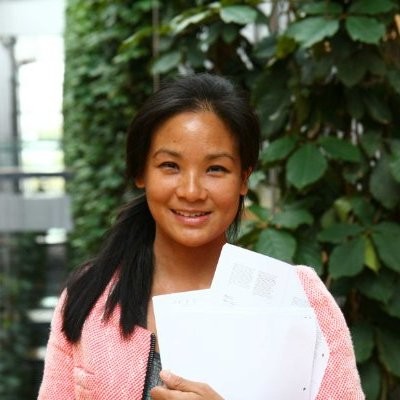
Dr Claire Kwan
Senior National Representative for Luxembourg at the CCDCOE
Claire holds a Ph.D in Molecular Biology from the University of Cambridge. She was a political advisor in the European Parliament working on inter alia, the first iteration of the NIS Directive and the GDPR. Following this, she was Cyber attaché at the British Embassy in Copenhagen and then Senior Research Analyst for Cyber and Emerging Technology at the Foreign, Commonwealth and Development Office. She then was Principal Advisor for Cyber Defence at the Ministry for European and Foreign Affairs in Luxembourg. She is currently the Senior National Representative for Luxembourg at the CCDCOE.
Tech Behind the Horizon
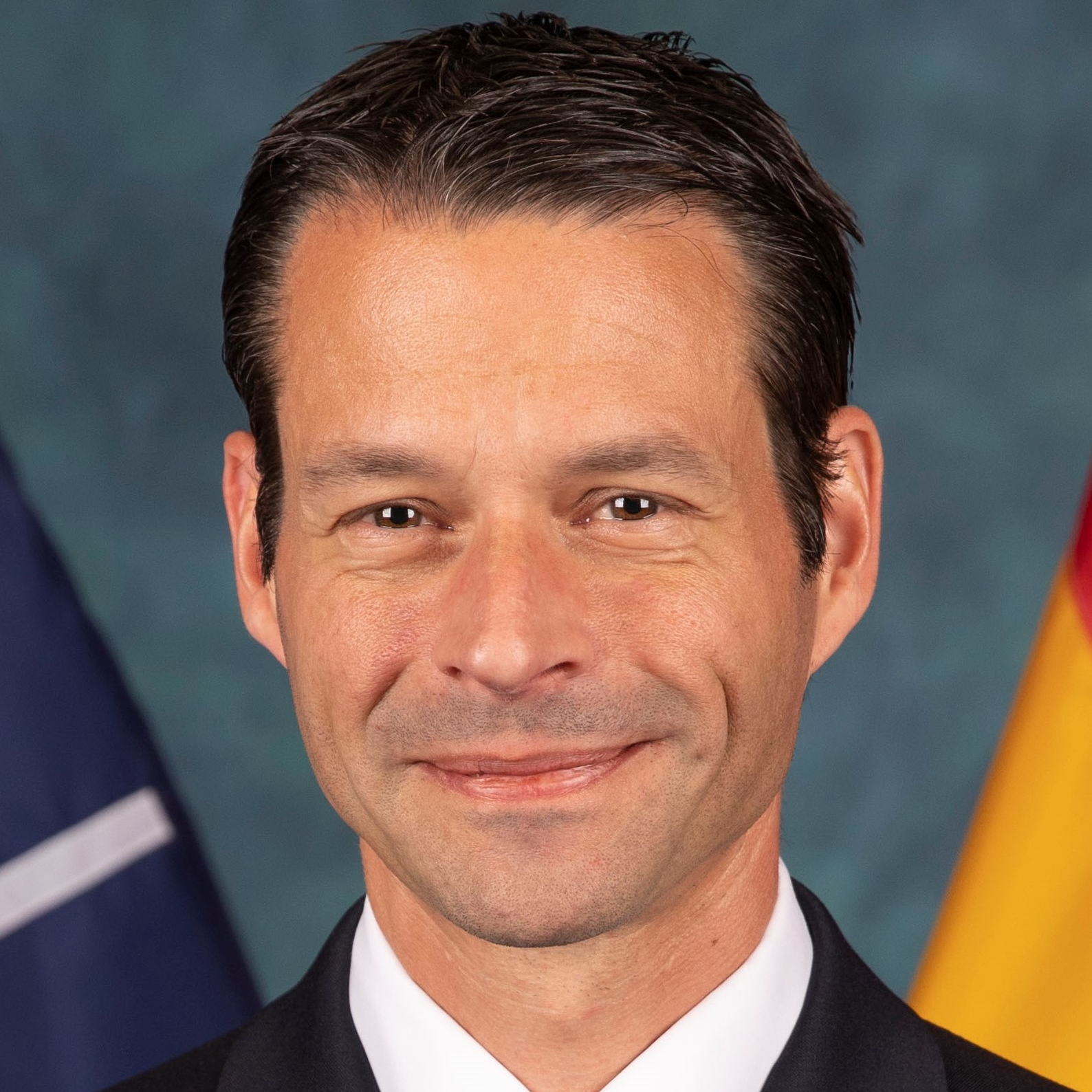
Capt. Dr Robert Koch
Branch Head Cyberspace at Allied Command Transformation, Portfolio Manager, and the primary Cyberspace point of contact to Senior ACT leadership
Captain Dr. Robert Koch is Branch Head Cyberspace at Allied Command Transformation, Portfolio Manager, and the primary Cyberspace point of contact to Senior ACT leadership. He manages and coordinates the Cyberspace Programme and represents SACT, DCOS and ACOS on high level cyber-related engagements. Captain Dr. Koch entered the German Navy in 1998. After officer training, university education and subsequent operational and technical training, he served as Deputy Weapon Engineering Officer with deployments to NATO and UN operations. During his subsequent time as a research assistant at the University of the Federal Armed Forces, he wrote a dissertation in the area of IT Security, and thereafter was commissioned as Weapon Engineering Officer with deployments to NATO and EU missions. After the National General/Admiral Staff Officer Course, Captain Dr. Koch served as Action Officer Cyber in the Communication and Information Systems Command, built up the new Penetration Testing capability of the Federal Armed Forces as Department Head in the Center for Cyber Security, and served as Desk Officer Cyber Policy in the Federal Ministry of Defence. From October 2021 to September 2023, he was Section Head Interoperability Verification & Validation and the Director of NATO Coalition Warrior Interoperability eXploration, eXperimentation, eXamination and eXercise (CWIX). Since October 2023, he is Branch Head Cyber in NATO ACT. Beside his military career, Captain Dr. Koch is active in research and teaching in his spare time. He has lecturing assignments at different universities and is Assistant Professor at the University of the Federal Armed Forces, holds a Diploma in Informatics, a Master’s Degree in Military Leadership and International Security, and two doctoral degrees.
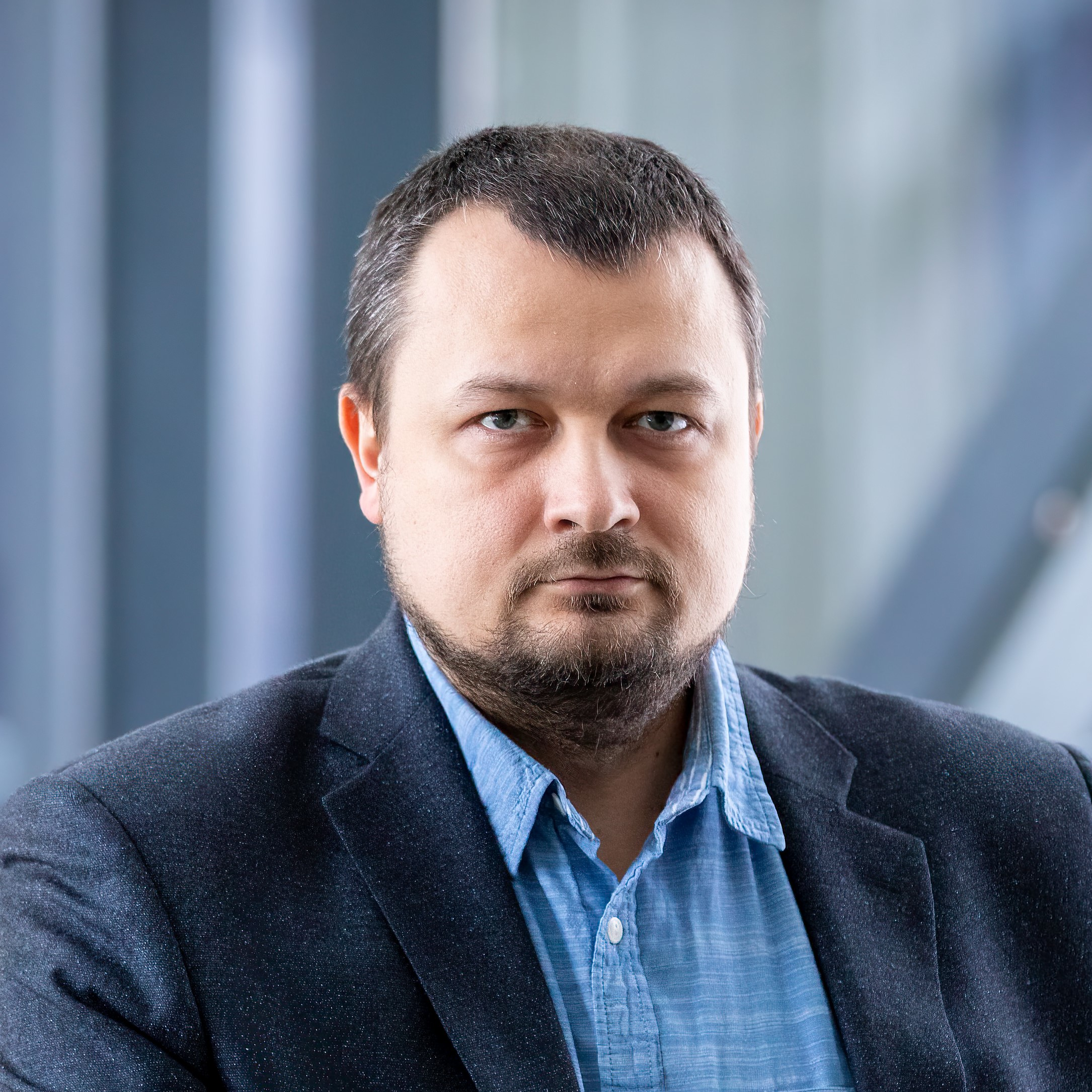
Dr Rain Ottis
Professor of Cyber Operations and the Head of the Centre for Digital Forensics and Cyber Security in Tallinn University of Technology
Rain Ottis is the Professor of Cyber Operations and the Head of the Centre for Digital Forensics and Cyber Security in Tallinn University of Technology, Estonia. From 2008 to 2012 he served as a researcher at the NATO Cooperative Cyber Defence Centre of Excellence, where he worked on cyber security in the context of national and international security. Prior to that assignment he served as a communications officer in the Estonian Defence Forces, focusing primarily on cyber defence training and awareness. His research interests include cyber conflict, national cyber security and cyber security exercises.
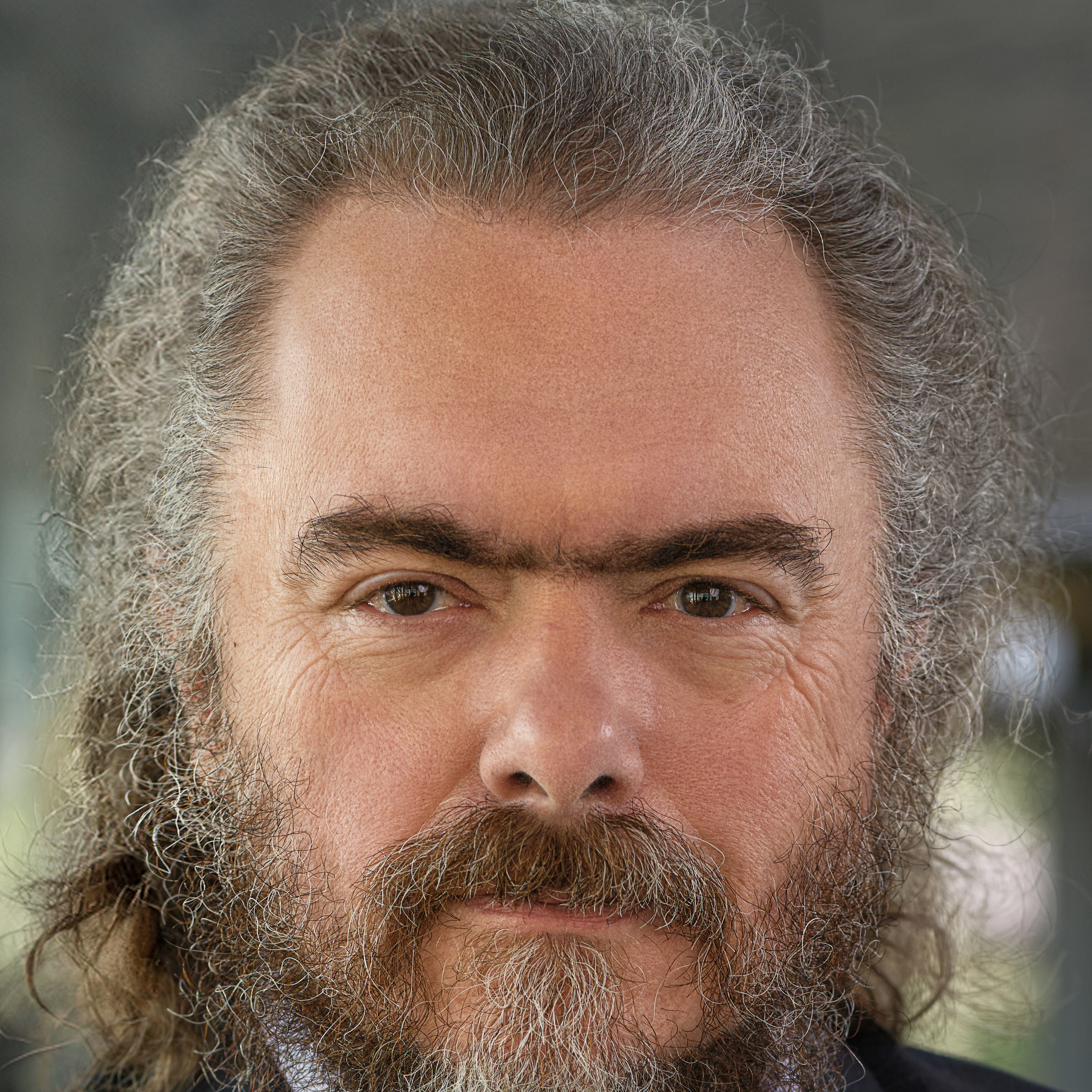
Dr Paul Vixie
VP, Distinguished Engineer, and Deputy CISO at AWS Security
Paul Vixie serves as VP, Distinguished Engineer, and Deputy CISO at AWS Security. His previous career included 29 years as founder and CEO of five startup companies covering the fields of DNS, anti-spam, Internet exchange, Internet carriage and hosting, and Internet security. Vixie earned his Ph.D. in Computer Science from Keio University in 2011 and was inducted into the Internet Hall of Fame in 2014.
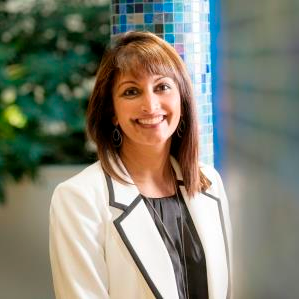
Manisha Parmar
Head for the NATO Cyber Security Centre’s Capability Development Team located in The Hague, Netherlands
Ms. Manisha Parmar is Head for the NATO Cyber Security Centre’s Capability Development Team located in The Hague, Netherlands. In this role, Manisha leads a large team of experts for the planning, design, deployment and uplift of critical NATO cyber security services. These services are used to protect NATO’s assets and, by extension, NATO’s users in both the NATO Enterprise and for NATO Allied Operations and Missions around the world. Manisha has spent over the last 10 years working for NATO and leading medium to large teams, both within the NCI Agency (Netherlands) and NATO’s Allied Command Transformation (Virginia, USA). Prior to joining NATO in 2013, Manisha spent over 10 years working in Calgary for a major defence company designing military grade solutions for both the Canadian and US Armies. From a pedigree perspective, Manisha is a ‘techie’ at heart, completing both her Bachelors and Master’s degrees in Computer Science, and is a huge advocate for studies in STEM. Manisha is currently pursuing her Doctorate via the Cardiff Metropolitan University in the United Kingdom. Besides being a passionate Cyber Security professional and leader, Manisha loves to travel and has taken the opportunity of living in both the US and Europe to see and visit several destinations. “Seeing the world, experiencing new cultures and understanding how people live in the global community is one of the best ways to expand our horizons and mind sets. It also prepares someone for living and working in the international environment, which is truly a rewarding experience!”
Break
Closing Keynote

Prof. Herb Lin
Senior Research Scholar at the Center for International Security and Cooperation and Hank J. Holland Fellow at the Hoover Institution, both at Stanford University
Herbert Lin is senior research scholar at the Center for International Security and Cooperation and Hank J. Holland Fellow at the Hoover Institution, both at Stanford University. He is also a member of the Science and Security Board of the Bulletin of Atomic Scientists. In 2016, he served on President Obama’s Commission on Enhancing National Cybersecurity. In 2019, he was elected a fellow of the American Association for the Advancement of Science. In 2020, he was a commissioner on the Aspen Commission on Information Disorder. From 1986 to1990 he was a professional staff member and staff scientist for the House Armed Services Committee. He received his doctorate in physics from MIT.
Closing Remarks and CyCon 2025 Announcement
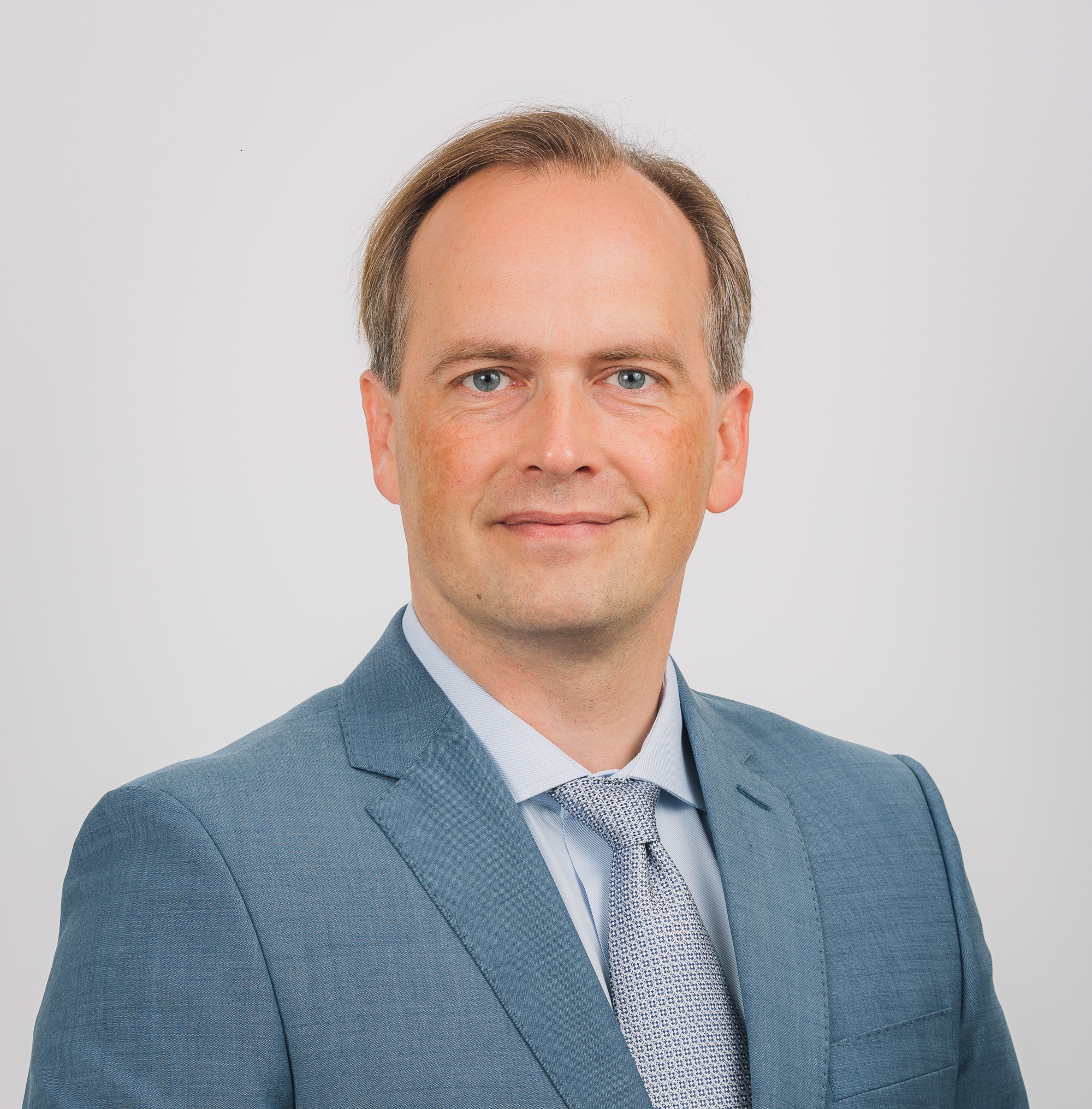
Dr Mart Noorma
Director, NATO CCDCOE
Mart Noorma has been the Director of NATO CCDCOE since August 2022. Prior to joining CCDCOE, Mart Noorma had led innovation and digital transformation at several organizations. He has served as the Science and Development Director of Milrem Robotics and the Vice Rector of Academic Affairs, the Head of Space Technology Department, and the Professor of Space and Defence Technology at the University of Tartu. Mart Noorma has also worked at the National Institute of Standards and Technology (NIST) and the Helsinki University of Technology, where he obtained the degree of the Doctor of Science in Technology in 2005.
Mart Noorma has been actively engaged in NATO, EU and international cooperation on innovation and novel technology development. He has been a member of the NATO Advisory Group on Emerging and Disruptive Technologies, the NATO STO Applied Vehicle Technology Panel, the EEAS Space Advisory Board, and the IEEE Autonomous Weapon Systems Expert Advisory Committee.
Mart Noorma is a voluntary member of the Estonian Defence League.



